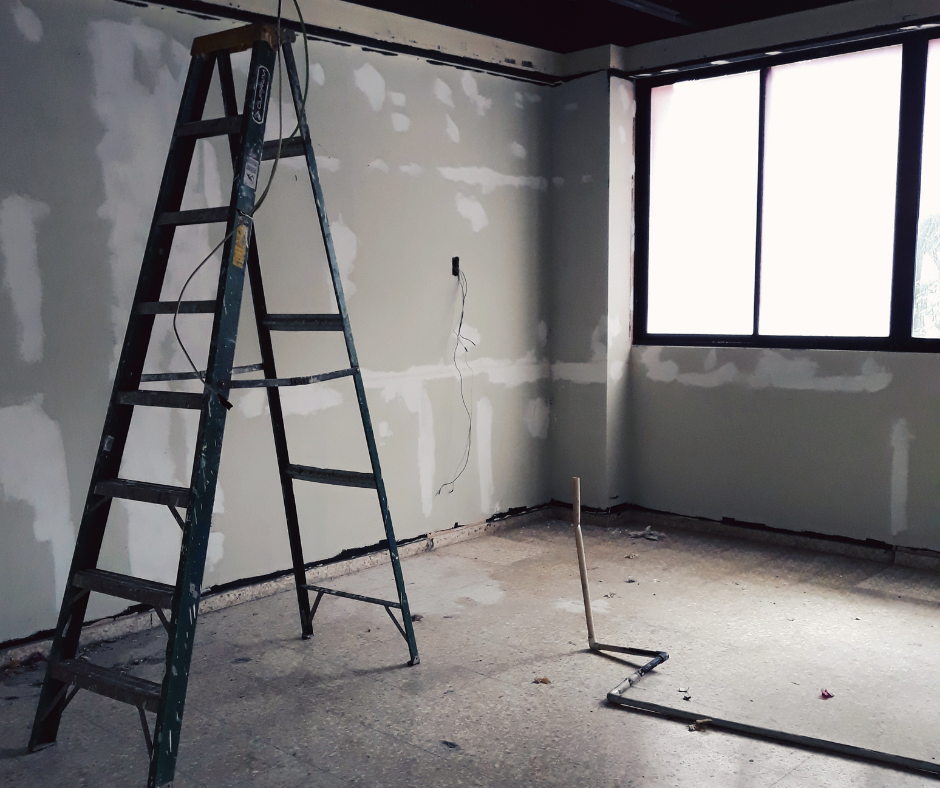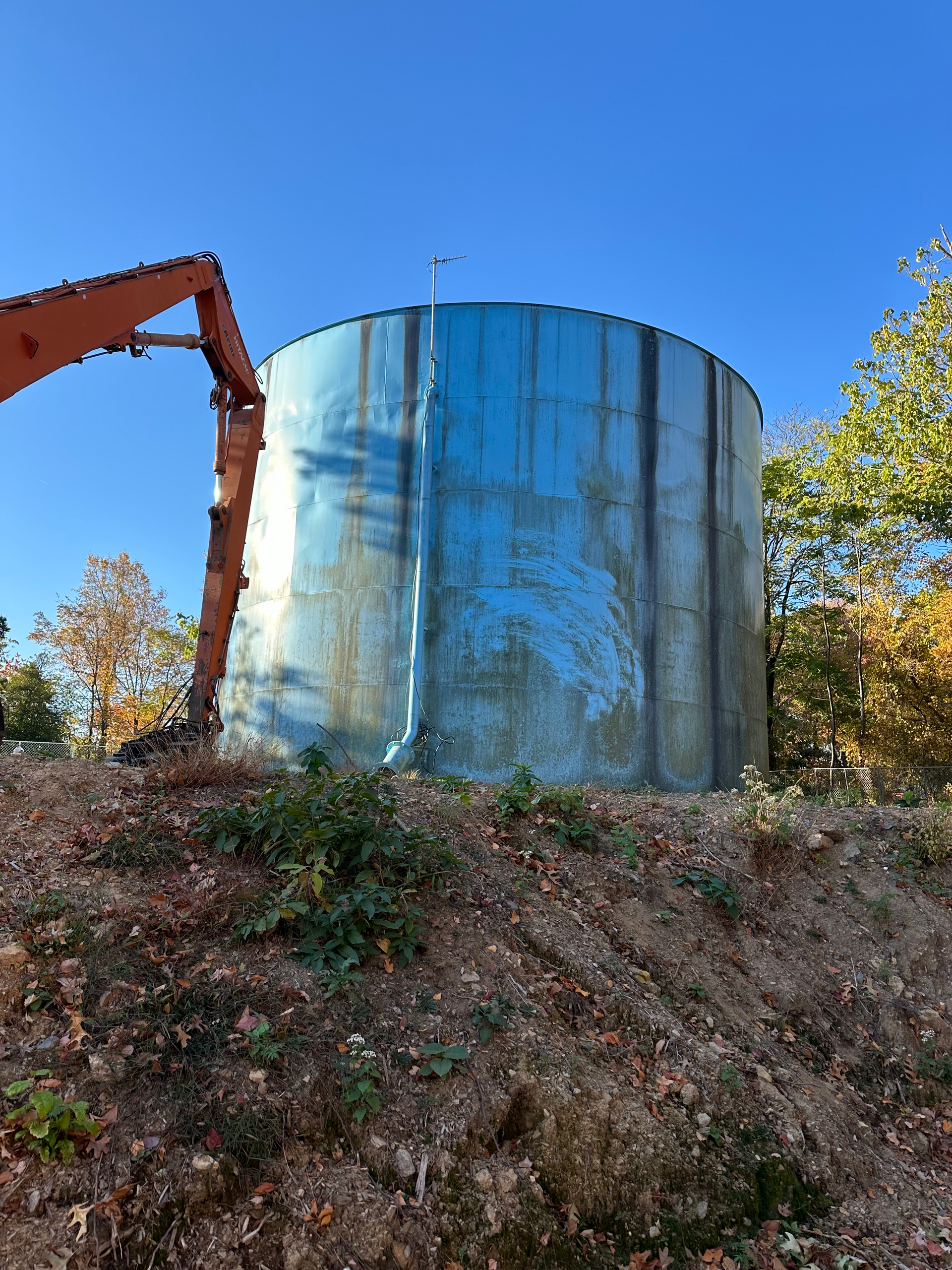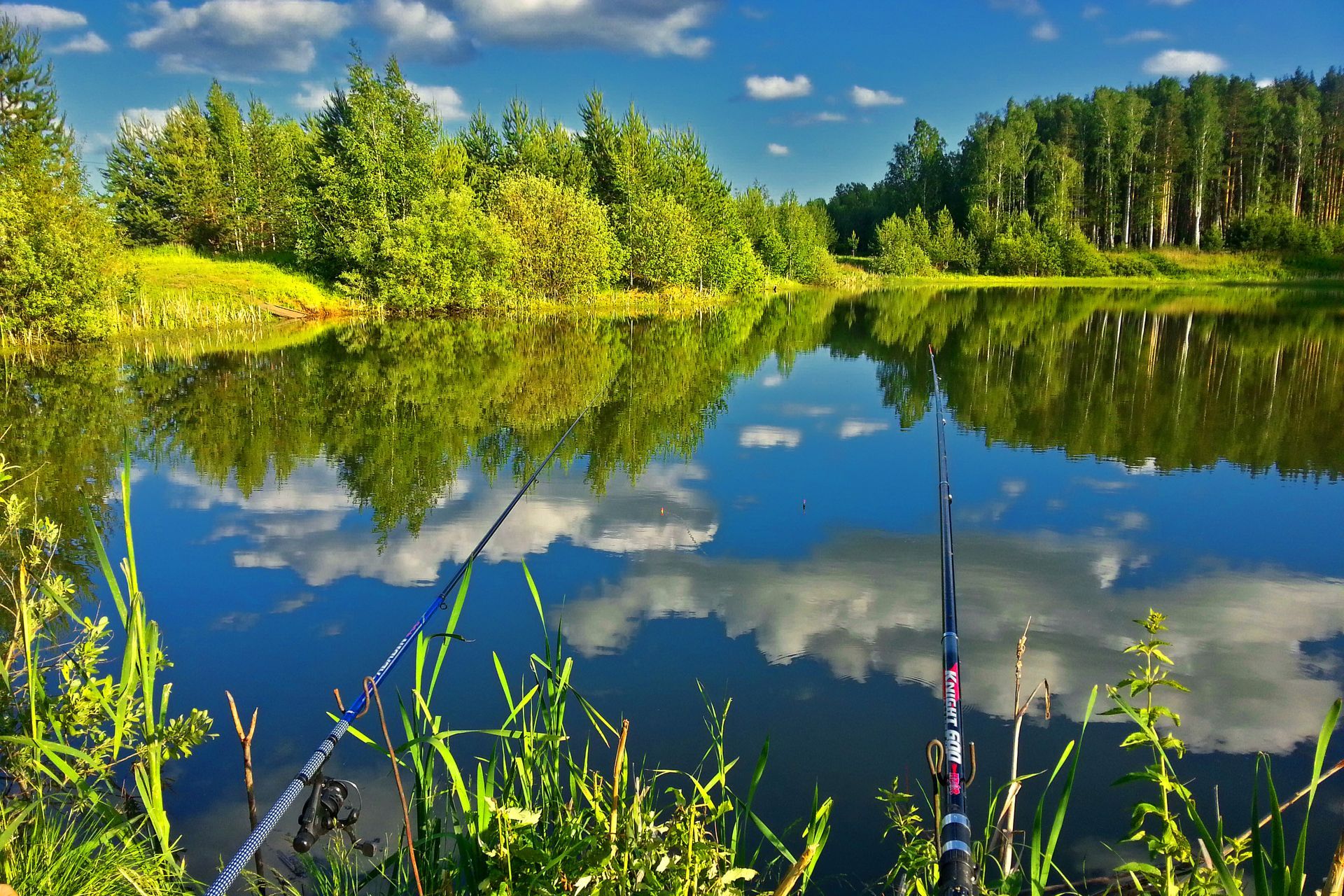
In recent times, safeguarding against heat stress has become more crucial than ever for outdoor workers. The United States has witnessed consecutive temperature records this year, with February marking the warmest month globally across surface air and oceans. On the East Coast, states like North Carolina and Maryland have shattered summer temperature records, underscoring the severity of ongoing heat waves and the likelihood of more to come. It's imperative to prioritize protection against heat stress for yourself and your team.
Understanding Heat Stress
Heat stress manifests in various forms such as heat cramps, heat exhaustion, and heat stroke. Some may include prickly heat (heat rash) or heat syncope (fainting), but we will not be covering them in this blog. These conditions can occur unexpectedly, particularly when engaged in strenuous activities without adequate precautions. Identifying these heat-related illnesses early is essential to mitigating their impact.
Heat Cramps: They occur after strenuous activity, where the body loses fluids, salts and minerals. If only the fluids are replenished, the muscles will cramp and spasm. Heat cramps can occur in the arms, legs, stomach, and other areas after the activity (work) or at night.
Heat Exhaustion: More severe than cramps, heat exhaustion results from excessive loss of water and salt through sweat. Symptoms include heavy sweating, headaches, nausea, and fainting. Immediate medical attention is necessary to prevent progression to heat stroke.
Heat Stroke: The most severe heat-related illness, heat stroke occurs when the body's temperature regulation fails. Unlike heat exhaustion, heat stroke involves cessation of sweating, along with potential twitching of muscles. Prompt medical intervention is critical as heat stroke can be life-threatening.
Tips for Protecting Yourself in Summer Heat
Now that you understand the risks associated with heat stress, taking preventive measures becomes paramount:
Stay Hydrated: Drink plenty of fluids like water and electrolyte-rich sports drinks. Avoid beverages with caffeine (e.g., soda), as they can contribute to dehydration.
Use Sun Protection: Apply sunscreen with at least SPF 30 to exposed skin. Wearing hats and sunglasses provides additional protection where permissible.
Take Regular Breaks: Despite deadlines, taking breaks helps prevent overheating and reduces the risk of heat-related illnesses.
At Empire Group, we prioritize safety above all else. We acknowledge the challenges of outdoor work in every season and provide comprehensive training to minimize risks. This summer's extreme temperatures reinforce our commitment to ensuring the Elk team's safety and well-being as well as the safety and well-being of all our affiliates and the Empire Group.
Whether summer or any other season, our affiliates are prepared to deliver the services you need while prioritizing safety. By following these guidelines, you can help safeguard against heat stress and ensure a productive and safe outdoor working environment for yourself and your team. Stay informed, stay safe, and stay cool!











